Advertisement
Behind every app that predicts your next move, every platform that recommends what to watch later, and every system that spots a trend before it even trends, there's a data science startup pushing boundaries. These ten companies stand out today for their clever use of data, solid teams, and real-world impact. If you haven’t heard of them, these are the names you’ll want to keep in mind.
DataRobot delivers automated machine learning (AutoML) tools that help companies build and deploy models faster—with less manual effort. The company's single platform supports various algorithms, data preprocessing, deployment, and monitoring. That means businesses can launch predictive models quickly without spending months hiring data science specialists.
Investors include Sutter Hill Ventures and Meritech Capital. The startup serves clients across finance, healthcare, retail, and more. With its enterprise-ready platform, DataRobot has helped companies make better decisions based on data—and faster than ever.
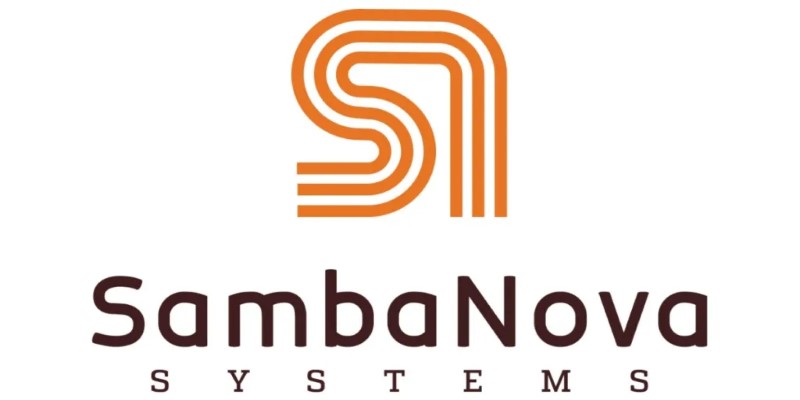
SambaNova builds advanced hardware-software systems designed for AI and deep learning. Instead of relying on off-the-shelf hardware, the company creates its own Reconfigurable Dataflow Architecture to accelerate neural networks efficiently. This approach lets data teams train models at scale while using less power.
Backed by SoftBank, Intel, and GV, they’ve been gaining attention from industries like pharmaceuticals, aerospace, and manufacturing. When you need serious computing muscle for AI, this startup offers real performance—designed specifically for the task.
Weights & Biases provides tools to track experiments, organize data, and visualize results—a researcher’s dream. Data science teams log hyperparameters, visualize performance, compare runs side by side, share findings with collaborators, and reproduce results easily.
Their platform is flexible, working with any codebase, framework, or computing environment. They've grown rapidly thanks to endorsement from engineers and scientists. Startups, labs, and enterprises use W&B to bring discipline and transparency into model development.
Anyscale supports distributed computing with its platform built around Ray, a popular open-source system. Ray helps engineers scale Python applications across many machines without rewriting code. Anyscale’s managed environment gives teams the infrastructure to deploy and monitor distributed workloads in production.
Users include Uber, Amazon, and Zoom, which use Anyscale for recommendation systems, fraud detection, and large-scale simulations. For anyone working with big data or using Python for compute-heavy projects, Anyscale offers a practical solution.
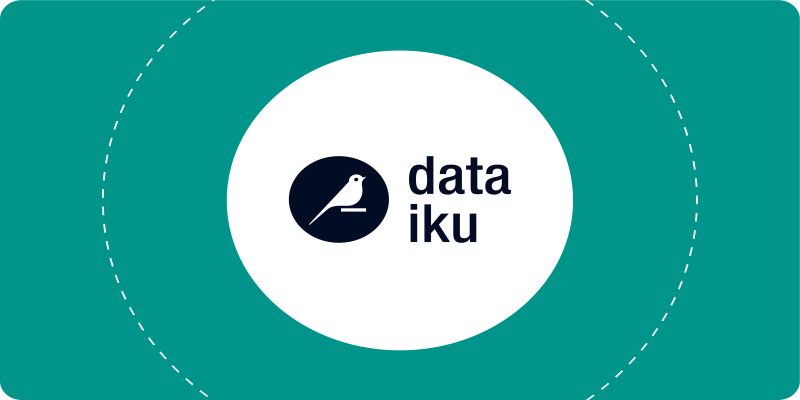
Dataiku’s Data Science Studio (DSS) is a full-stack environment for building, deploying, and managing data pipelines and models. It supports everything from data integration and visualization to code-based and drag-and-drop model development.
With a mix of low-code and pro-code capabilities, Dataiku serves data analysts and engineers alike. The platform has gained strong traction in retail, manufacturing, finance, and healthcare. If your goal is to democratize AI efforts across teams, this startup offers a polished and collaborative interface.
Synthetaic works with synthetic data to solve data scarcity issues. Synthetic data is artificially generated to mimic characteristics of real-world data without exposing sensitive information. That solves a hard problem: the lack of labeled data for training AI.
The team uses this approach in sectors like defense and life sciences, generating synthetic imagery or sensor data. When real data is scarce or private, Synthetaic helps AI teams build models that might otherwise take months or fail due to gaps in data.
OctoML automates model compilation and tuning for deployment across different hardware. It emerged from the Apache TVM project and targets faithful performance across CPUs, GPUs, and edge devices—without expert intervention.
Engineers upload their models; OctoML adjusts kernels and optimizes operations. The outcome is faster inference and longer battery life on edge devices. If you’ve sent an app to end users and worry about performance in the wild, this startup bridges the gap between research and deployment.
Unlearn.AI brings a twist to clinical trials: digital twins. They create synthetic subjects’ data to act as control groups, reducing the number of live participants needed. Trials become faster, smaller, and more cost-effective—all while preserving statistical validity.
Working in healthcare requires trust and rigor. Unlearn.AI partners with regulators and pharmaceutical companies to validate results. Their work could reshape how drugs get tested—and bring treatments to market sooner.
Agolo specializes in summarization via AI. Their system takes long-form text—news articles, reports, financial documents—and condenses it into digestible summaries. That helps professionals stay informed without spending hours reading every document.
Powered by natural language processing models, Agolo services include feed summarization or real-time news briefs. It’s especially useful for folks in finance, legal, or research, where volume can overwhelm.
Cambrian Intelligence helps lawyers, compliance teams, and financial institutions unpack complex contracts. The company uses natural language understanding and structured models to extract clauses like indemnity, confidentiality, payments, and deliverables.
Instead of manual review, Cambrian offers contract intelligence: data-driven insights, trend tracking, and risk alerts. That frees professionals to focus on decisions, not document drudgery.
All ten companies share a focus: taking data science out of labs and into real-world applications. Some tackle infrastructure (DataRobot, SambaNova, Anyscale), others address lifecycle management (Weights & Biases, Dataiku), while a few enable domain-specific value (Unlearn.AI, Cambrian). What ties them together is a balance between strong technical foundations and commercial traction.
Investors have noticed. These startups have attracted funding from top VCs like GV, Sequoia, and SoftBank. Their clients span industries such as finance, healthcare, legal, manufacturing, and government. That diversity reflects the true strength of a company that goes beyond novelty—it delivers measurable outcomes.
These ten startups demonstrate how data science is being applied to solve real-world problems across various industries, including healthcare, finance, and research. Each one offers a different strength, whether it's automating machine learning, improving clinical trials, or making large datasets easier to work with. What connects them is their ability to turn complex technology into practical tools that teams can actually use. As data continues to shape decisions everywhere, companies like these are making sure those decisions are smarter, faster, and grounded in better information. Keep watching—this space moves quickly.
Advertisement

How Remote VAEs for decoding with inference endpoints are shaping scalable AI architecture. Learn how this setup improves modularity, consistency, and deployment in modern applications

Discover 10 job types AI might replace by 2025. Explore risks, trends, and how to adapt in this complete workforce guide.

GenAI is proving valuable across industries, but real-world use cases still expose persistent technical and ethical challenges
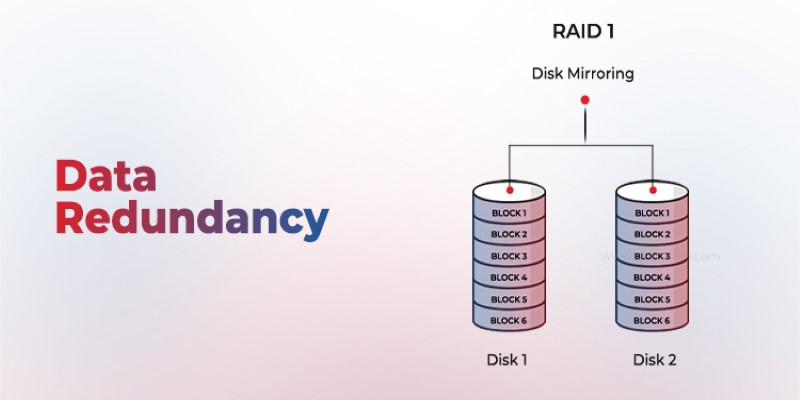
Is your system storing the same data more than once? Data redundancy can protect or complicate depending on how it's handled—learn when it helps and when it hurts
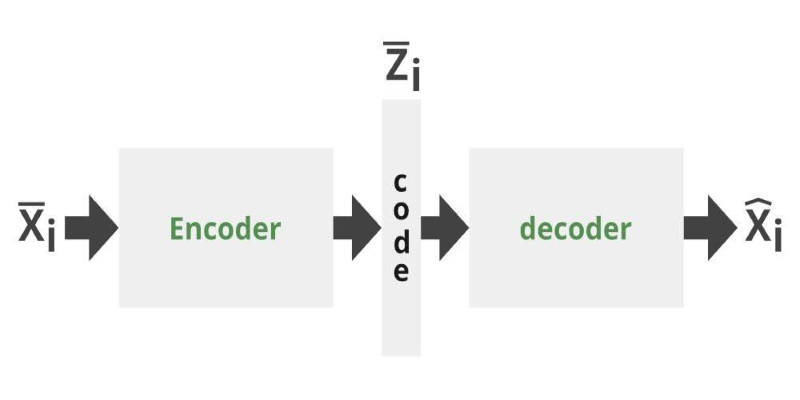
Can you get the best of both GANs and autoencoders? Adversarial Autoencoders combine structure and realism to compress, generate, and learn more effectively

AI agents aren't just following commands—they're making decisions, learning from outcomes, and changing how work gets done across industries. Here's what that means for the future
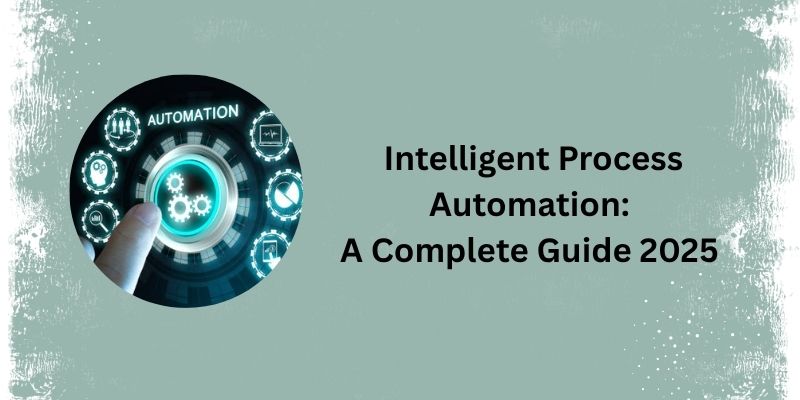
See how Intelligent Process Automation helps businesses automate tasks, reduce errors, and enhance customer service.

How 7 popular apps are integrating GPT-4 to deliver smarter features. Learn how GPT-4 integration works and what it means for the future of app technology
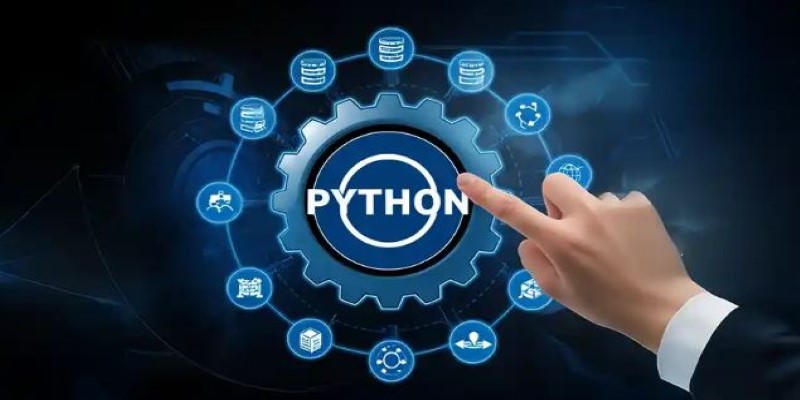
How Python Tuple Methods and Operations work with real code examples. This guide explains tuple behavior, syntax, and use cases for clean, effective Python programming
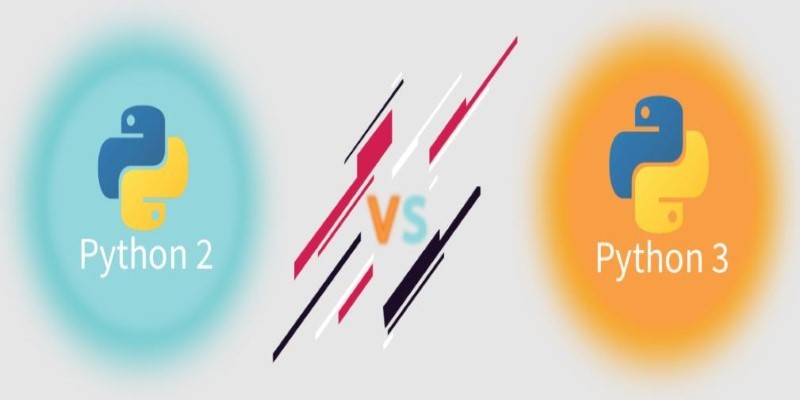
Curious about the evolution of Python? Learn what is the difference between Python 2 and Python 3, including syntax, performance, and long-term support
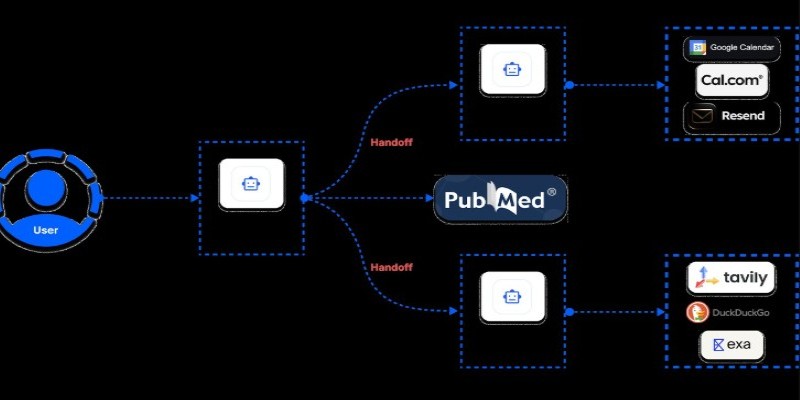
Learn how to build an MCP server using only five lines of Python code. This guide walks you through a minimal setup using Python socket programming, ideal for lightweight communication tasks

GenAI is proving valuable across industries, but real-world use cases still expose persistent technical and ethical challenges